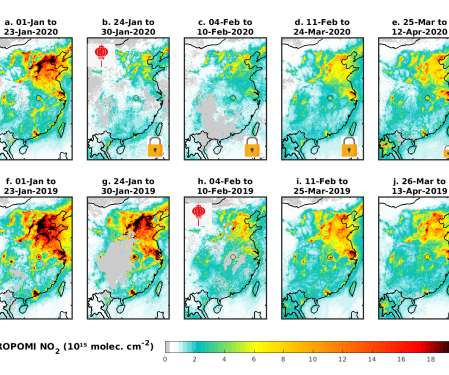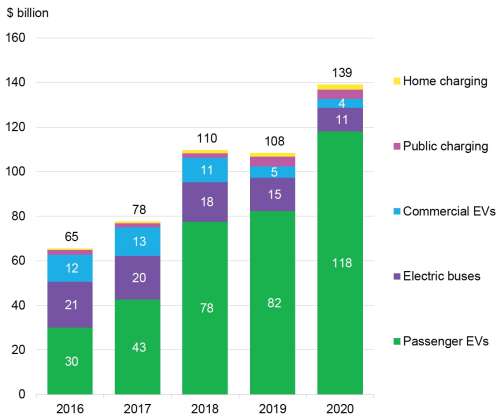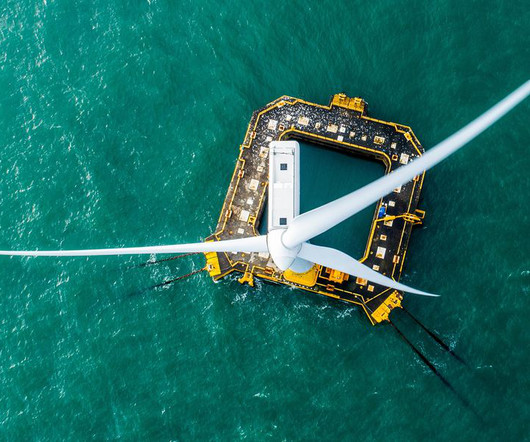Study: ozone levels higher across China than in other countries tracking the air pollutant
Green Car Congress
SEPTEMBER 4, 2018
In China, people breathe ozone-laden air two to six times more often than people in the United States, Europe, Japan, or South Korea, according to a new international study published in Environmental Science & Technology Letters. 2017 for one ozone metric. 2017 are included. 2014) are included.












Let's personalize your content